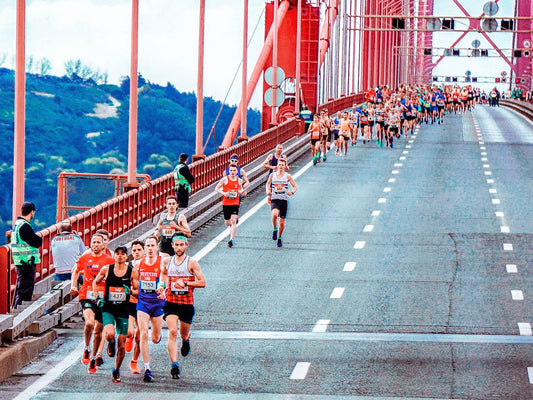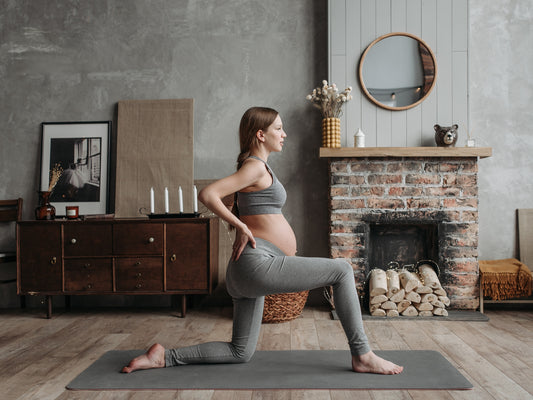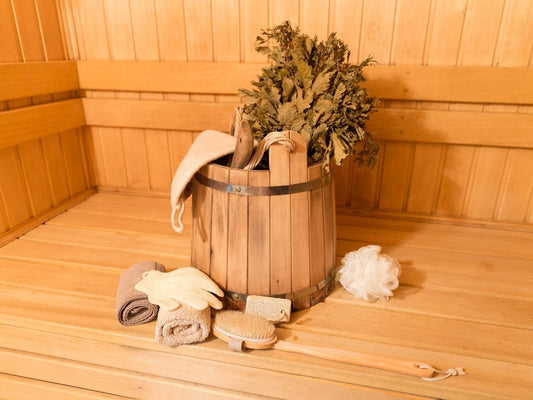If you suffer from calf muscles cramps, the chances are that you’re crying out for a solution. They keep you awake at night, and they stop you from being able to get stuck into your gym sessions. Even worse, this has been going on for years. It can seem unfair indeed, and not knowing is perhaps the worst part of all.
Sadly, whenever you attempt to search for the reasons behind any muscle cramp, you may come up against something of a brick wall. For the most part, experts are uncertain of what exactly causes muscle cramping. A variety of factors seem to come into play in most cases, and it can be tricky to determine which of these is behind the crippling cramps you experience.

A little research will show you, though, that most experts in this field seem to agree on at least one thing; the fact that hydration is critical in any case. It doesn’t matter when your cramp happens or why; it seems that not drinking enough is one of the most frequently observed causes behind this issue.
That makes sense when you consider that cramps often occur when we’re sweating or sleeping. At both times, we’re losing water content without getting any back. This is part of the reason why athletes are urged to always keep a bottle with them. It’s also why you could benefit from taking water to bed with you.
To prove just how prevalent hydration can be in cases of cramp, we’re going to look at how a few common factors all come back to the amount you drink.
Calf muscle cramps and salt
It’s no secret that there’s a significant correlation between the salt in our blood and the occurrence of muscle cramp. This is something scientists have known for around 100 years by this point. Anything which threatens to throw our salt levels off-balance puts us at risk of issues like cramp. That’s because salt-gates allow salt to flow from cell to cell and keep our bodies ticking over. If changes occur in our salt levels, those salt-gates (or our muscles), start to have issues functioning. Cramp effectively happens when the muscle contracts as it would to let salt pass, but is unable to relax. And, you know the rest. What you might not realize is that drinking plays a significant part in the healthy functioning of our salt levels. So much so that dehydration in itself can change the levels we rely on to stay healthy. When we exercise, for instance, we sweat out salt which we need. One way to replace that salt straight away is by replacing the water you’ve lost. Otherwise, it should come as no surprise to you that signals get mixed, and twitches and cramps can happen as a result.
Mineral depletion in other areas can also cause muscle cramps

Of course, salt isn’t the only mineral which comes into play in matters of muscle cramps. In reality, there are three other crucial minerals thought to play a role in this issue. They are potassium, calcium, and magnesium. [1] These each play their role in the healthy functioning of muscles. And, if you’re deficient in any of them, you could stumble across issues. While sodium levels seem to be most prevalent here, then, you may also want to spare a thought to your other mineral levels. Of course, these aren’t solely an issue of hydration. Eating foods like dairy, fruit, and legumes is also essential for a healthy lifestyle. But, drinking enough can also go a long way here. You can’t eat while you’re working out, after all. As such, hydration is the best way to stay healthy when it matters most. By seeking mineral water specifically, you can increase the chances of getting everything you need. You could even benefit from products like Hydrant, which can drastically improve the mineral content of everything you drink. Hydrant's unique ingredient blend allows you to absorb water more efficiently. This ensures you get the most benefit from the least liquid and could be ideal for those who struggle to drink enough. Either way; your minerals and muscle health depend largely on that water bottle.
Poor blood circulation
In some cases, cramps are about more than just your diet. Often, ongoing issues here can come down to problems like poor blood circulation. Poor circulation like this can happen for a variety of reasons. Smoking, drinking alcohol, and eating the wrong foods can all play a part. In the instance of cramping, though, it’s worth noting that inadequate hydration could also largely be behind issues of poor circulation. Even when we live healthy lives elsewhere, dehydration during exercise can put undue strain on our cardiovascular systems. [2] When that happens, cramp is often inevitable. You could go as far as to say, then, that improving blood circulation is just yet another benefit of drinking water. In the long-term, dehydration could even worsen and cause problems here. That could lead to significant issues like cramp for large portions of your future. With that in mind, make sure to keep your hydration levels up, even when you aren’t exercising. Only then can you stay in top shape and keep muscle cramp well and truly at bay.
Fatigue can cause calf muscle cramps
In some cases, cramp happens due to muscle fatigue. When you’re pushing yourself to your physical limit, your heart has to work a whole lot harder to pump blood where it matters. Push yourself too far, and you can quite simply wear your muscles out. They won’t be able to keep up and could start cramping as a result. To make matters worse, fatigue is a problem which will only worsen if you don’t address it. Over extended periods, this in itself could worsen muscle performances. That, in turn, could lead to increased incidences of calf muscle cramps in no time. And, guess what? Hydration is one of the best ways to avoid issues of this kind. That’s because water helps to improve performance and keep fatigue at bay. As mentioned above, it can keep your blood pumping where it needs to go. That in itself can help here. Studies show that drinking enough can also go a long way towards reducing the oxidative stress your body may experience during and after exercise. [3] That means fewer cramps and faster recovery, and it should come as no surprise when you consider the muscles are about 80% water. If you want to keep yours healthy and energized, then, drinking is the way to go about it.
Hot weather can be a cause of calf muscle cramps

Last, it’s worth noting that some studies have also found a correlation between cramps and exercising in hot weather. These are known as heat cramps. While studies have struggled to pin them down, there does seem to be significant evidence that cramps worsen when working out in heat. [4] When you think about it, this should come as no surprise. It ties back in with the minerals you lose when you’re working out. Exercising in hot conditions does, after all, mean losing more minerals through the sweat you produce. If you then fail to drink enough on top, it’s no wonder that heat cramps occur. To make matters worse, hot conditions can increase both the pain and length of this problem. If you’re heading out for a run on a sunny day, then, it would seem that water bottle is even more essential.
There’s no reason why you should keep putting up with calf cramps. All you need to do is arm yourself with the right knowledge. Oh, and a bottle of water.
References
[1] 'Muscle cramps and mineral deficiency' October 2010, Health 24
[2] 'New Insights Into the Impact of Dehydration on Blood Flow and Metabolism During Exercise' by Steven J. Trangmar et al
[3] 'Fluid replacement following dehydration reduces oxidative stress during recovery' Paik IY, Jeong MH et al
[4] 'Heat Injury and Heat Exhaustion' June 2016, OrthoInfo
[5]. Best Electrolyte Powders is a website with a just-the-facts comparison between the five big electrolyte powder brands
















